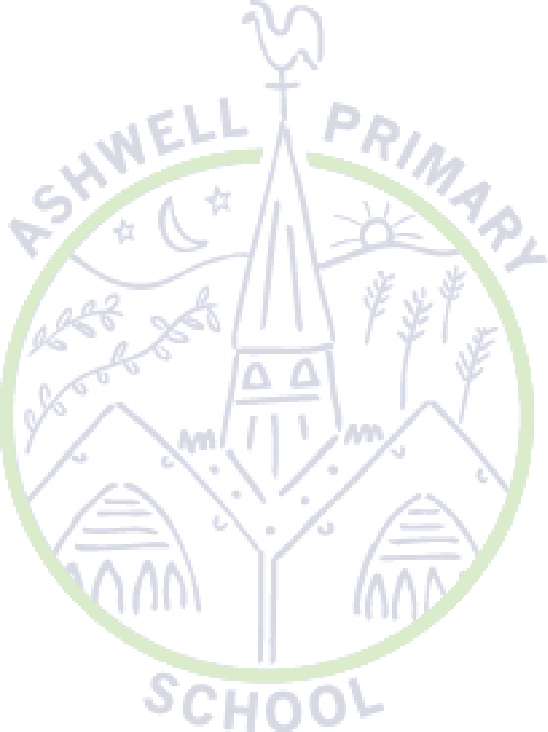
Curriculum Overview
By the time every child leaves Ashwell Primary School, it is our ambition that every child will have had the opportunity to:
- become a valued member of a community where they are loved and cared for
- experience a rich, varied and exciting curriculum
- be the best that they can be
- make the most of their unique and individual interests and talents
- celebrate success and know what it feels like to be celebrated
- developed a curiosity and zest for life-long learning
Curriculum Intent
Our curriculum builds progressive core knowledge and key curriculum concepts using a range of learning skills and subject skills. Our curriculum should lead to pupils being able to recall and describe the knowledge and concepts in familiar, unfamiliar, local and global contexts. Our curriculum is designed to enable pupils to make connections between their developing knowledge and concepts, their prior learning, and their lived experiences. Pupils are empowered to use their literacy, oracy, and digital communication skills to purposefully share and articulate their learning with others. Our curriculum enables our pupils to be successful, confident, and responsible individuals and citizens.
Curriculum Implementation
Class teachers are responsible for planning the curriculum for their class. They make decisions about what resources and materials they use, and how they differentiate them appropriately. They do this using their professional knowledge and expertise, sharing best practice and providing support for each other, focussed on outcomes for individual pupils.
Subject leaders and senior leaders are responsible for designing the progression in core knowledge, skills and concepts into year group plans. They ensure that all teachers are familiar with curriculum expectations through training and monitoring, with a focus on ensuring that outcomes can be achieved by all pupils.
Curriculum Impact
Class teachers routinely evaluate the progress of pupils within and across lessons using the curriculum frameworks to make judgements. They use this information to analyse how effectively pupils are achieving or exceeding expectations and to adapt their planning accordingly.
Teachers provide Subject Leaders with termly summative information about the outcomes of pupils in their class.
Subject Leaders and Senior Leaders routinely evaluate outcomes for their area of responsibility. They use this analysis to identify any necessary actions that develop the quality of provision in their subject.
National Curriculum Information
In September 2014 a new national curriculum was introduced. The Early Years Foundation Stage (for 3 to 5 year olds) has its own separate curriculum.
The national curriculum comprises eleven subjects: English, mathematics, science, art and design, computing, design technology, geography, history, languages, music and physical education. In addition, religious education is taught according to the local approved syllabus, and we also teach personal, social and health education (PSHCE).
